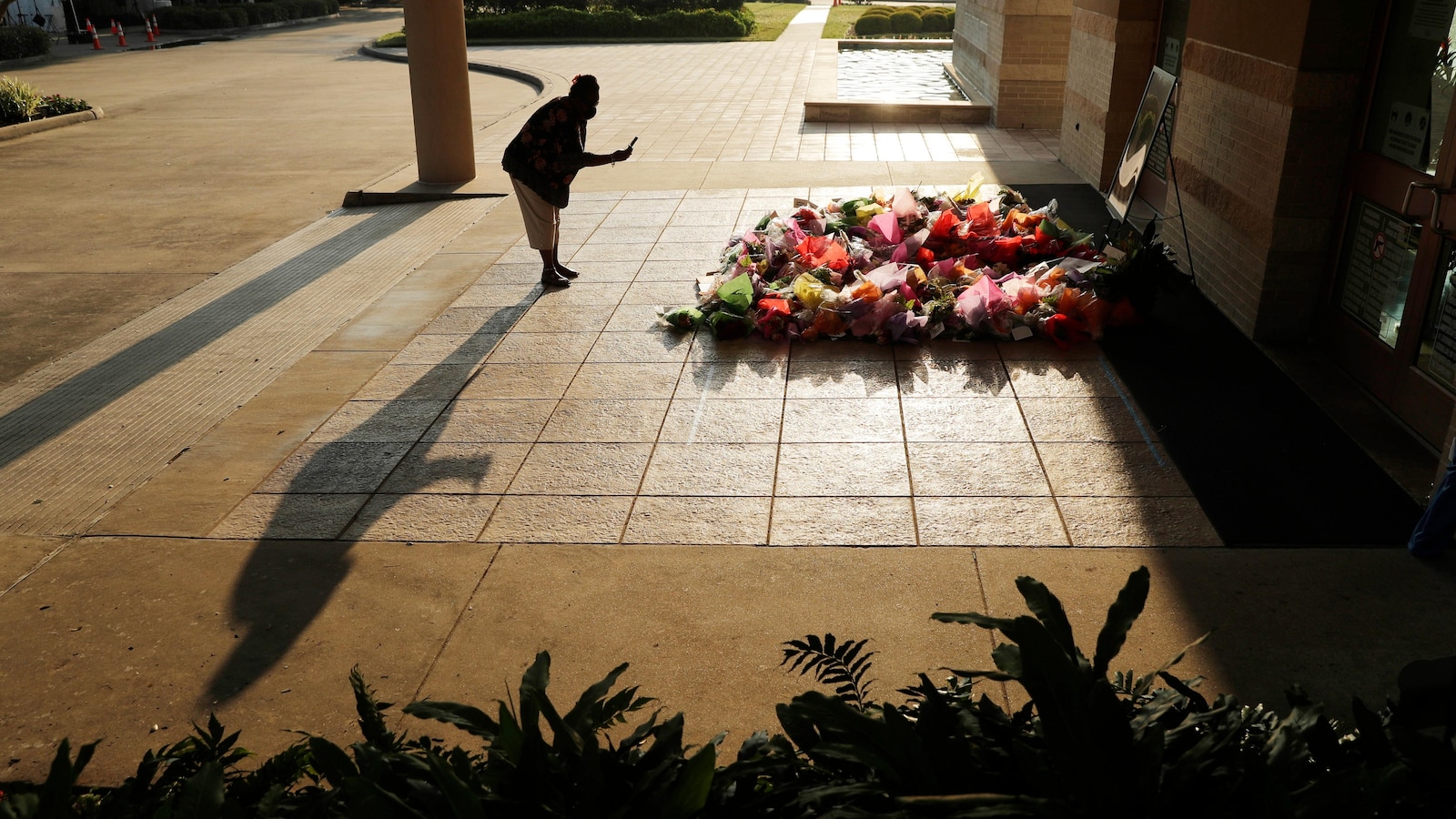
The Minneapolis City Council is expected to decide Monday whether to approve an agreement with the federal government in response to the murder of George Floyd that would require major reforms within the city’s police department under long-term court s…
MINNEAPOLIS — The Minneapolis City Council is expected to decide Monday whether to approve an agreement with the federal government in response to the murder of George Floyd that would require major reforms within the city's police department under long-term court supervision.
The agreement, known as a consent decree, has been under negotiation since the Department of Justice issued a scathing critique of the city's police in June 2023, alleging that they systematically discriminated against racial minorities, violated constitutional rights and disregarded the safety of people in custody for years before Floyd, a Black man, was killed by a white Minneapolis officer in 2020. Floyd's death prompted a national reckoning with police brutality and racism.
The Justice Department report was the result of a sweeping two-year investigation that confirmed many citizen complaints about police conduct. The investigation found that Minneapolis officers used excessive force, including “unjustified deadly force,” and violated the rights of people engaged in constitutionally protected speech.
As a result, the city and police department agreed to negotiate a deal with the federal agency to require changes overseen by an independent monitor and approved by a federal judge. Minneapolis Mayor Jacob Frey, several council members and police accountability activists all welcomed the prospect at the time as a move toward healing the city.
Frey called a special City Council meeting for Monday “for the purpose of receiving a briefing on the litigation matter of U.S. Department of Justice v. City of Minneapolis and Minneapolis Police Department, including resolution possibilities.” After a closed-door discussion that began Monday morning, the council was expected to reconvene in public in the afternoon for a vote.
During his first administration, President-elect Donald Trump was critical of consent decrees as anti-police. Finalizing the Minneapolis agreement before he returns to office Jan. 20 would make it harder for him to undercut the deal, because changes would require court approval.
A state court judge in 2023 approved a similar agreement between Minneapolis and the Minnesota Department of Human Rights after the state agency issued its own blistering report in 2022. The state investigation found that the city's police had engaged in a pattern of race discrimination for at least a decade.
The Justice Department has opened 12 similar investigations of state and local law enforcement agencies since April 2021, many in response to high-profile deaths at the hands of police.
It has reached agreements with Seattle, New Orleans, Baltimore, Chicago and Ferguson, Missouri. A consent decree with Louisville, Kentucky, after an investigation prompted by the fatal police shooting of Breonna Taylor is waiting court approval. In Memphis, Tennessee, the mayor last month pushed back against pressure for a consent decree there, saying his city has made hundreds of positive changes since the beating death of Tyre Nichols.
Consent decrees require law enforcement to meet specific goals before federal oversight is removed, a process that often takes years and millions of dollars. A major reason Minneapolis hired Brian O’Hara as police chief in 2022 was his experience implementing a consent decree in Newark, New Jersey.
If the Minneapolis federal agreement gets court approval, the city would be in the unusual position of operating under both federal and state consent decrees.
24/7 coverage of breaking news and live events
